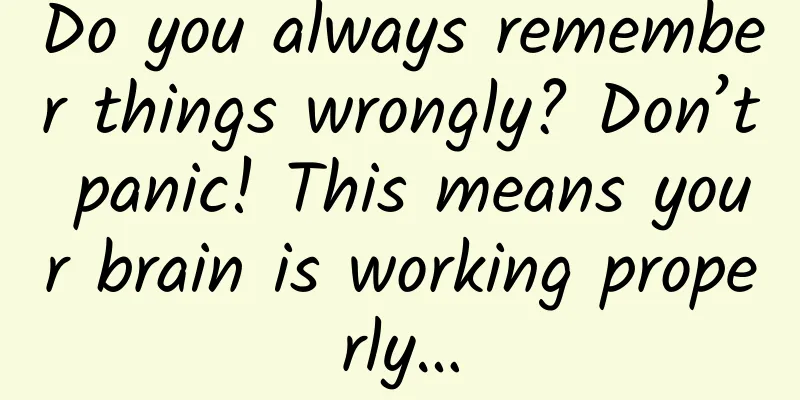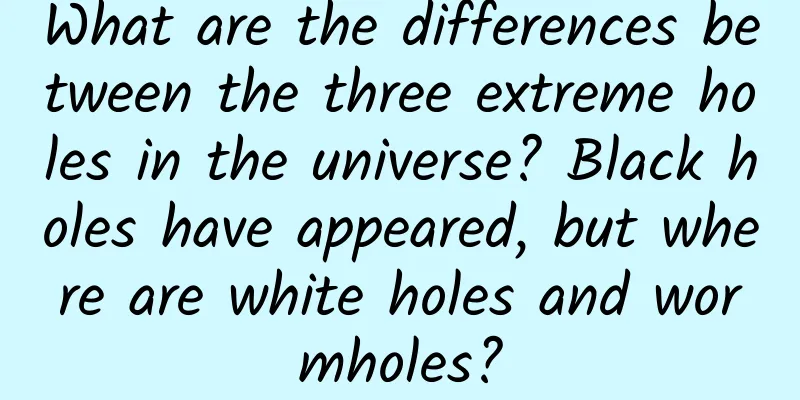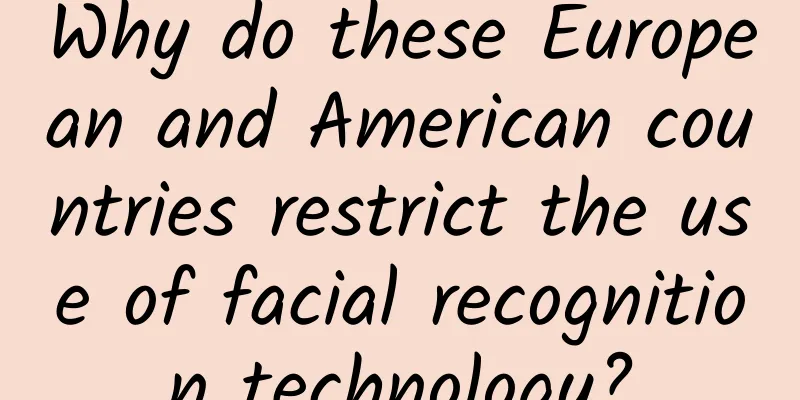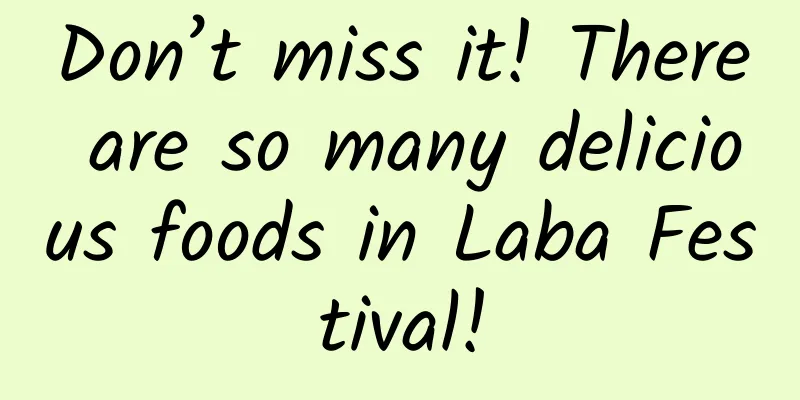Do you always remember things wrongly? Don’t panic! This means your brain is working properly…

|
Reviewer of this article: Chen Haixu, Deputy Director and Master Supervisor of the Second Medical Center of PLA General Hospital A while ago, I was talking about a bakery near my home. I mentioned that the chocolate chip cookies I bought recently were really mouth-watering. My wife reminded me that the ones I had recently eaten were raisin oatmeal cookies. I was very surprised: How could I have misremembered this? Could it be an early symptom of Alzheimer's disease? Should I call the doctor? But then I thought, there are so many trivial details in life, maybe the human brain really can't remember all the details of everything? Maybe forgetting something as small as what dessert you ate is actually a good thing? I am a cognitive neuroscientist who has been studying human perception and cognition for 30 years. I am very interested in the phenomenon of memory errors mentioned above, and began to think about new theoretical and experimental methods with my colleagues to explain and study it. Intuitively, memory errors may be caused by errors in brain activity, but conversely, is it possible that it is just a side effect of the efficient allocation of energy by the cognitive system, and is it a "good" phenomenon? We tend to the latter - false memories may indicate that the human cognitive system is working in an optimal or rational way. Human cognitive process For decades, cognitive scientists have been discussing whether human cognitive processes are purely rational. Since 1960, psychologists Daniel Kahneman and Amos Tversky have conducted research and believed that human thinking strategies are often "fast and lazy." This "shortcut" cognitive pattern is called "heuristic" in psychology. For example, if you ask people whether there are more words starting with the letter k or with the letter k in the third place in the English word list, most people will tell you that there are more words starting with k. Kahneman and Tversky believe that the thinking process by which people reach this conclusion is that they first quickly search their minds for words starting with k and with k in the third place, and then find that they tend to remember more words starting with k. The two named this strategy "availability heuristic," which refers to the fact that when people make judgments, they tend to rely on information in their memory that is easier to use. In fact, there are more words in English with k in the third place than words starting with k. From this test, we can see that although heuristic thinking is often fast and effective, it can sometimes lead to wrong conclusions. Therefore, Kahneman and Tversky believe that human cognitive strategies are not optimal. Ideal cognition However, around 1980, an increasing number of papers pointed out that the way humans sense and understand the world might be the most reasonable. For example, many studies have found that humans often combine information obtained from multiple senses (such as vision plus hearing, or vision plus touch) in the process of perception and cognition. In this way, although each signal may contain noise, the inference process is statistically optimal. Importantly, the study found that at least some seemingly inefficient behaviors are actually the most reasonable. For example, we sometimes underestimate the actual speed of a moving object, which scientists once thought was a sign of a flaw in human visual processing of moving objects. But subsequent studies have shown that when people perceive moving objects, they will combine the information in the visual image and the common sense of the object's movement speed to make a judgment. However, in our common sense, most objects are stationary or move slowly, so this seemingly "optimal" judgment strategy may underestimate the object's movement speed, especially when there is little or poor visual information. The most theoretically reasonable sensory judgment strategy and the actual sensory process of humans will both make mistakes in similar scenarios. This may just point out that when visual information is insufficient, errors in judging the speed of an object's movement may be unavoidable, and humans are already experiencing the world in the best possible way (vision combined with experience). Scientists have also discovered similar phenomena in the human cognitive process. When remembering, understanding, deciding, planning or executing affairs, if the information in the environment is ambiguous, people's behavior is prone to errors. Just like the judgment process of movement speed mentioned above, from a statistical inference, the best strategy to complete this cognitive task is to combine multiple information, including on-site observations and feelings, as well as accumulated experience, but this best strategy will inevitably lead to some wrong judgments. Similarly, people will also have wrong cognitions, but the brain has already completed the cognitive process in the most reasonable way. There is growing evidence that when an object is ambiguous, perception and understanding of it are more prone to error. If this is true, then errors in cognitive outcomes do not necessarily mean that there is something wrong with the brain's cognitive processes. In fact, the human sensory and cognitive systems work very well. Limitations of the brain The human brain is subject to many constraints, including internal constraints such as limited attention (you can't do many things at the same time) or limited memory (you can't remember all the details of everything), and some external constraints, such as the outside world requiring you to make decisions and react within a limited time. Under the constraints of these restrictions, people's feelings and cognition may indeed not be perfect. The most important thing is that your feelings and cognition may not be perfect, but this is the best effect that the brain can achieve under practical constraints. Suppose you are faced with a problem that requires you to consider many factors at the same time to find a solution. Due to various limitations, you cannot consider all factors and may not be able to find the best solution. However, if you try your best to think about each of the most important factors, you can still find the best possible solution within limited energy. Memory Limitations This cognitive strategy, which emphasizes "constrained optimality," is sometimes called the "resource-rationality" model. With reference to this theory, my colleagues and I began to use the resource-rationality model to explain human memory. Structurally, we think of memory as a channel for communication and transmission. When you put something new into your memory, it's like sending a text message to your future self. However, the capacity of this channel is limited, so it can't transmit all the details of the information. As a result, at a certain point in the future, when you retrieve this thing from your memory, the information is no longer the same as it was at the beginning - this is also the reason for memory errors. If your memory store has a limited capacity and therefore cannot reliably store all the details of everything, then the wisest thing to do is to make sure that only the important things are stored in the store, that is, to remember one thing in the most concise way possible under limited conditions. In fact, this is true. Researchers have found that people do tend to remember details related to the task and forget content that is not related to the task. In addition, people tend to remember the main point of an event but forget other details. When this process occurs, people will use some of the most common content to fill in the lost information. In a sense, using the most common properties to fill in the forgotten details is also a kind of heuristic thinking. This quick but lazy strategy is usually effective, but sometimes it does fail. As for why I clearly ate raisin oatmeal cookies, but when I recall it, I remember it as chocolate chip cookies. This may be because I did remember the core of the experience: eating cookies, but forgot the specific details (what they tasted like), and then I filled in the missing details with the most common flavor - chocolate. In other words, the fact that I remembered it wrong may just prove that my brain is still working as hard as possible under the condition of limited memory, which is a good thing. Source: Robert Jacob (ID: huanqiukexue) By Robert Jacobs Original link: https://theconversation.com/misremembering-might-actually-be-a-sign-your-memory-is-working-optimally-166089 The pictures in this article with the "Science Popularization China" watermark are all from the copyright gallery. The pictures are not authorized for reprinting. |
<<: Straight man’s insights: Why is my wife not afraid of boiling water?
>>: Are nematodes disgusting? You should thank them for your sushi
Recommend
A good way to make money online. How can you make money online at home?
Recently, a friend said to me, "I have to ta...
Yes! Animals also dream and have consciousness
We usually think that humans are the only creatur...
Energy Research Institute: Outlook for China's Energy Transformation to 2024 - Executive Summary
With tremendous efforts, energy transformation ca...
No longer restricted: Users can now rate iOS apps through the App Store
According to foreign media 9to5mac, for a long ti...
AMD/Microsoft are unable to keep up with the pace and only have 16 games added to DX12
In 2015, DirectX 12 was officially announced, and...
China Association of Automobile Manufacturers: A brief analysis of the sales of the top ten MPV manufacturers from January to February 2023
According to statistics and analysis by the China...
In addition to selling traffic, there are many other ways to monetize new media.
Last Friday, the fashion giant "Rebecca'...
Which is heavier, the big box or the small box? 98% of people get this question wrong!
You may have seen many amazing optical illusions,...
What are the functions of the Tea Mall Mini Program? How much does it cost to develop a Tea Price Mini Program?
The tea drinking culture has a long history in my ...
Qualcomm prepares to pay after antitrust investigation ends
Yesterday, Xu Kunlin, director of the Price Super...
Aite Tribe Stories (8): Following the Dream and Starting a Business
[51CTO.com original article] The fish who longs t...
It’s so hot in summer, why is it recommended to increase the refrigerator temperature?
Who is right? How should the refrigerator gear be...
6 traffic channels for private domain operations!
Today we discuss two issues: The first question i...
PS4 "Gravity Rush: Remastered" review: conscientious remake of the controller function further demonstrated
After Tearaway: Unsealed was launched in China, t...
Mom, wearing thermal underwear or not has nothing to do with chronic cold legs!
“There is a kind of cold that makes your mother t...









